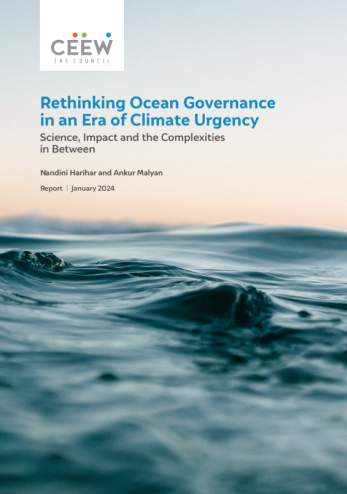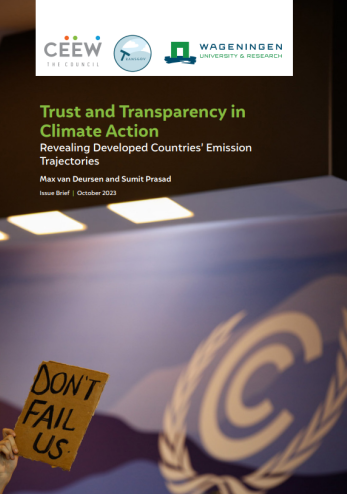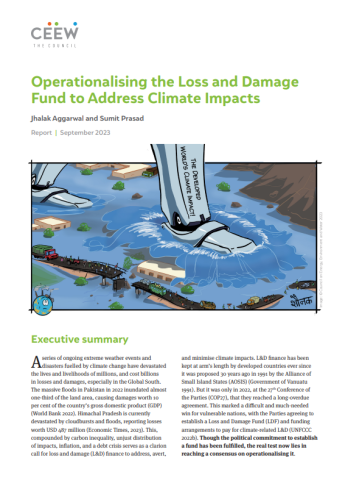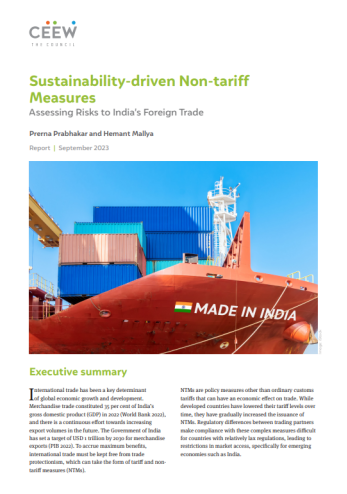Paper
Shifting Policy Gears to Effect a Global Transition towards Sustainable Lifestyles
Shalu Agrawal and Simran Kalra
May 2022 | International Cooperation
Suggested Citation: Agrawal, Shalu and Simran Kalra. 2022. Shifting Policy Gears to Effect a Global Transition towards Sustainable Lifestyles. Stockholm+50 background paper series. Stockholm Environment Institute, Stockholm.
Overview
This paper, in collaboration with Stockholm Environment Institute, argues that the resource-intensive lifestyles of the global rich and rising inequality underpin issues of unsustainable resource use. It highlights that reimagining the way people consume would be integral to solving this problem. Based on a review of the literature, the paper proposes three levers of change that can guide the transition to sustainable living – nudging individuals towards sustainable choices, enabling markets through green policies and redefining social norms to make sustainability aspirational. An integrated approach to using the proposed levers across key lifestyle domains – combined with international cooperation to share finance, technology and best practices, and leadership by countries with high lifestyle footprints – would be essential to accelerate action at national and sub-national levels across the world.
Key Highlights
- The richest 10 per cent of the global population were responsible for emitting more than half of the total carbon emissions from 1990 to 2015. This correlation holds true within countries and among individuals, on average.
- Per capita emissions embedded in prevailing lifestyles vary between countries and key lifestyle domains, underscoring the need for diverse approaches to bring about lifestyle changes
- This paper proposes an integrated approach, combining three levers of change - nudging individuals towards sustainable choices, enabling markets through green policies and redefining social norms to make sustainable lifestyle choices convenient, affordable and aspirational.
- The paper discusses five key barriers to change – change from current anthropocentric view leading to stifling of democratic values, narrow definition of sustainable lifestyle posing risks to local cultures, rise of neo-consumerism, political and economic inertia and risk of greenwashing.
Key Recommendations
- Use nudges to reduce the ‘value-action’ gap between good intentions and actions and encourage consumers to make sustainable choices.
- Shape markets through taxes, financial incentives, regulations and public spending in order to create an enabling ecosystem for making sustainable choices.
- Use collective action and create new social identities to make sustainable choices aspirational and embedded in social norms.
Per capita emissions embedded in prevailing lifestyles vary between countries and key lifestyle domains, underscoring the need for diverse approaches to bring about lifestyle changes.







